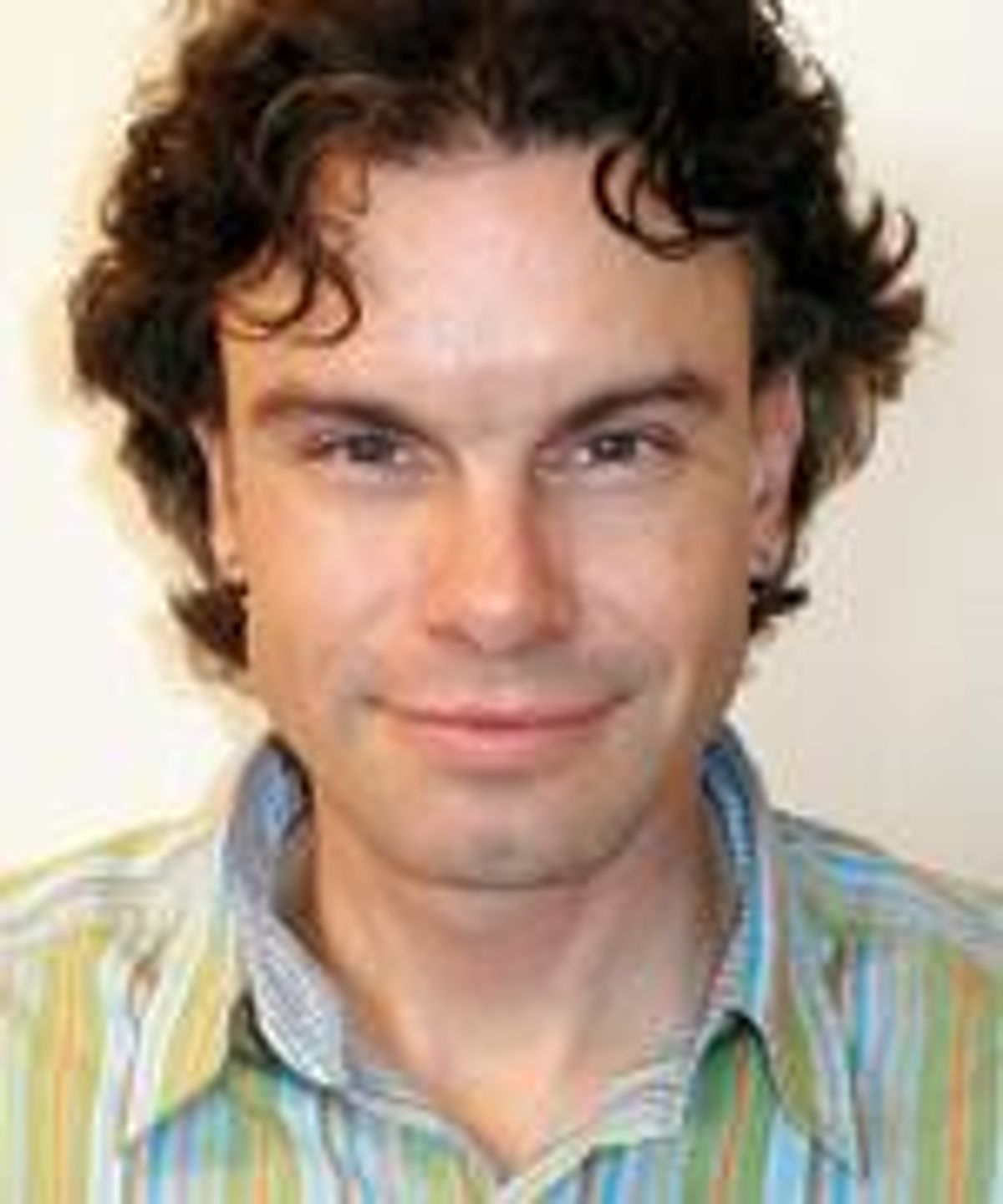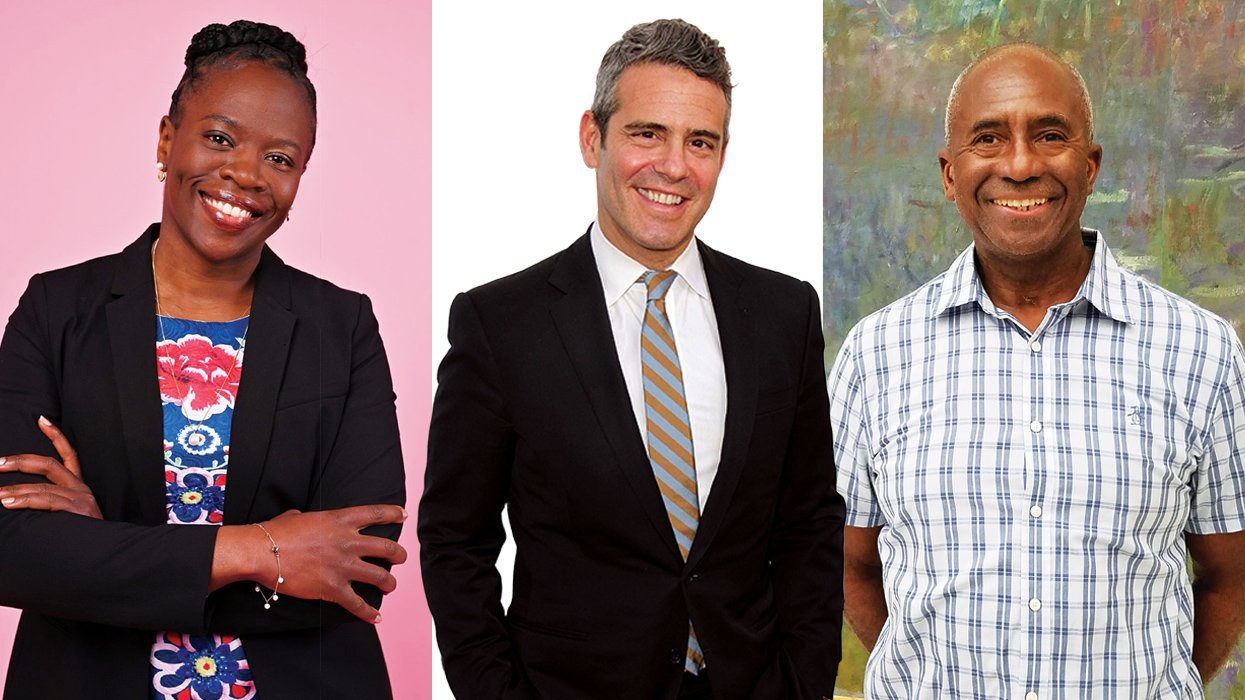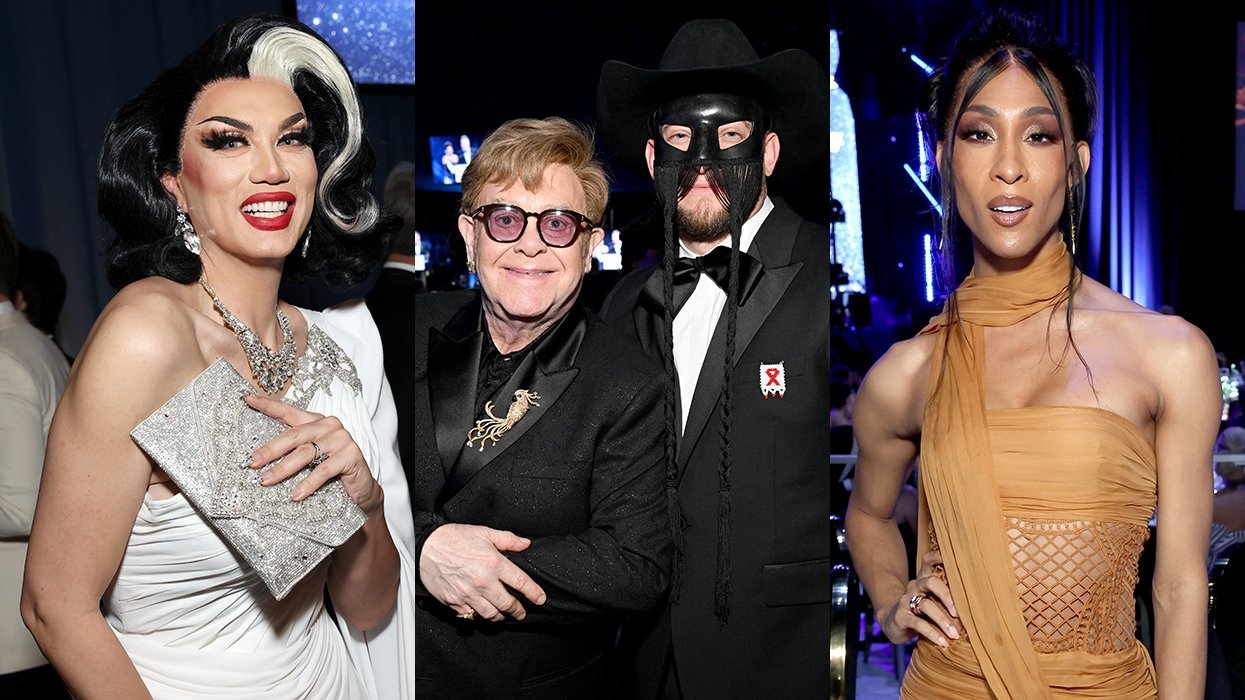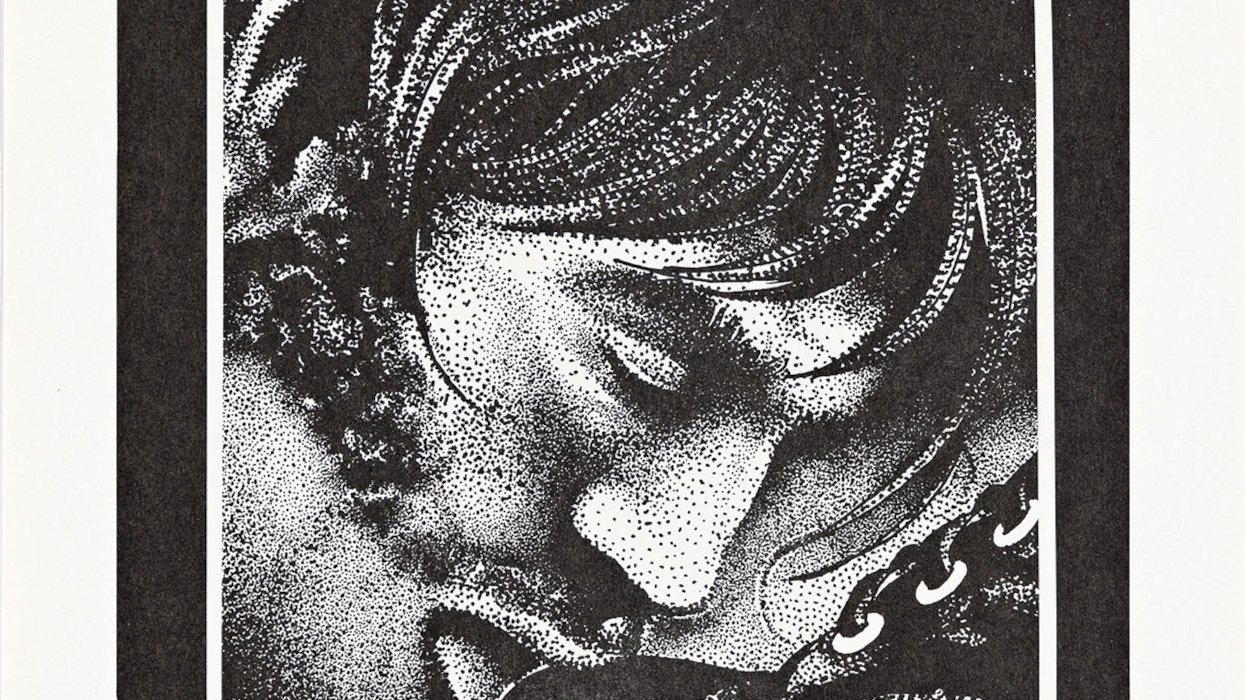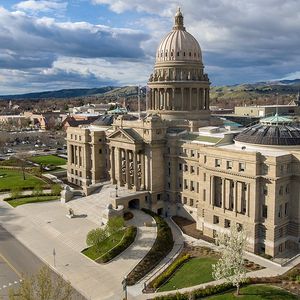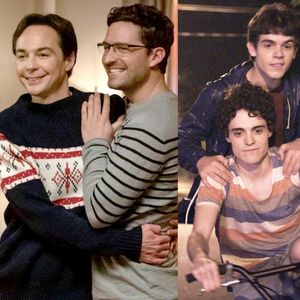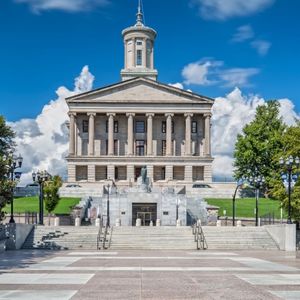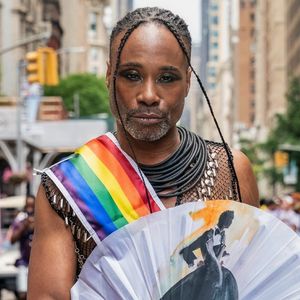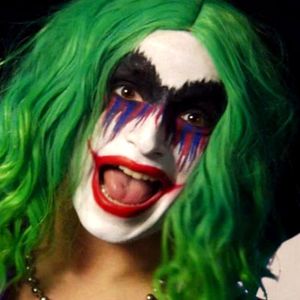Treatment GuideJust DiagnosedSex & DatingAfrican AmericanStigmaAsk the HIV DocPrEP En EspañolNewsVoicesPrint IssueVideoOut 100
CONTACTCAREER OPPORTUNITIESADVERTISE WITH USPRIVACY POLICYPRIVACY PREFERENCESTERMS OF USELEGAL NOTICE
© 2024 Pride Publishing Inc.
All Rights reserved
All Rights reserved
By continuing to use our site, you agree to our Private Policy and Terms of Use.
As many of you probably know, June is Gay Pride Month, so I found it only fitting to focus on the issue of pride itself as it relates to both being gay and HIV-positive. In Coming Out of Shame authors Gershen Kaufman and Lev Raphael astutely observe that pride cannot exist without shame. Some of the language used speaks to the dynamics of shame operative throughout our history: 'The love that dare not speak its name,' 'staying in the closet,' 'sodomites.' These and other statements imply the importance we have felt to remain invisible and hidden. Where we hide, we live in shame. When I was a teenager I noticed that 'gay' was not often talked about -- and when it was, it happened in the context of AIDS. Therefore, my sense of self was informed by either feeling invisible or sick. Without support or peers, I lived in desperate emotional isolation, paradoxically surrounded by the love of others, yet unable to embrace it because I was an outsider. The invisibility and sickness I felt was the invisibility and sickness they understood gay to be. It was actually dangerous to be openly gay, both physically and emotionally. The need to hide and remain invisible was a matter of life and death. It was necessary to live in darkness. There exists in this dynamic a parallel with the AIDS pandemic. I've had friends tell me of their loved ones who'd died and whose families burned their possessions out of fear of infection. Others have shared stories of families' requiring different sets of silverware, cups, and towels. I know of one man who was told to leave his childhood home -- when he was sick -- because his mother thought her dog's illness was due to her son's HIV. Having AIDS constitutes being a pariah in some people's eyes -- much like being gay has constituted being a pariah to some. It doesn't feel safe for many of us to be open about our status. We feel a need to hide. Many can't take their medication consistently for concern over being seen and questioned. Many fear being exiled by family or friends. Others fear judgment from their faith community. In many communities this has improved a lot since the early '80s. However, sadly, in many others it hasn't. But regardless of where one lives, though, it rarely is easy to live openly as HIV-positive. It takes courage because it still is so stigmatized. Having AIDS has meant to live on the fringes of society -- to be unacceptable. My closest friend, living with AIDS since the early '80s and known for his dark humor, once referred to the HIV-positive night at the bars Leper Night. Dark humor, to say the least. There are many of us who live openly as HIV-positive people and who have a number of friends living with the virus as well. However, there are far more living in fear and isolation. In recent columns I have written about how crucial it is to connect with others like us. Isolation tends to do bad things. In many studies researchers have found that isolation has a direct correlation with a person's level of depression. In the world of substance abuse it's a sign of relapse. Being cut off from others is to continue the emotional isolation of childhood, reinforcing the belief that we are not only alone but fundamentally different from everyone else. Pride hinges on being able to accept who each one of us is. One of the crucial steps for me has been to find communities where I find like-minded folks. Doing so has saved my life, and it's made me proud to be who I am. Fransen is a licensed psychotherapist in practice in Chicago. He can be reached at stillpoint4003@yahoo.com.
Want more breaking equality news & trending entertainment stories?
Check out our NEW 24/7 streaming service: the Advocate Channel!
Download the Advocate Channel App for your mobile phone and your favorite streaming device!
From our Sponsors
Most Popular
Diets that mimic fasting reverse aging: study
March 07 2024 5:28 PM
The Most Amazing HIV Allies & Advocates of 2023
November 03 2023 12:51 PM
PrEP without a prescription now a reality in California
February 06 2024 8:37 PM
This OnlyFans Star Is Trying to Raise $100K to Fight HIV
December 26 2023 3:05 PM
Injectable HIV treatment, prevention: Everything you need to know
March 26 2024 3:28 PM
The naked Black body takes center stage in this HIV campaign
January 03 2024 1:07 PM
8 dating tips for gay men from a gay therapist
March 21 2024 2:50 PM
Mr. Gay World wants to make sure you're OK
January 02 2024 4:56 PM
Happy national foreskin day!
April 04 2024 1:45 PM
Plus: Featured Video
Latest Stories
Giselle Byrd is taking center stage — and helping others do the same
April 10 2024 2:24 PM
Discover endless fun at The Pride Store: Games & electronics for all ages
April 09 2024 4:25 PM
Mean Girls' Daniel Franzese on playing an HIV+ character
April 09 2024 3:57 PM
HIV-positive Air Force, Navy servicemembers victorious in lawsuit
April 09 2024 3:02 PM
Unlocking a new level of beauty with Dr Botanicals' ethical skincare line
April 08 2024 3:40 PM
Unleash your wild side with The Pride Store’s beginner’s guide to kink
April 08 2024 3:35 PM
Why are mpox cases in the U.S. on the rise again?
April 08 2024 1:30 PM
Adult entertainment icons Derek Kage & Cody Silver lead fight for free speech
April 03 2024 3:06 PM
LGBTQ+ patients twice as likely to face discrimination: survey
April 02 2024 4:57 PM
Spring into The Pride Store’s top new arrivals for April
April 02 2024 4:39 PM
Nashville PD Must Pay HIV-Positive Man Denied a Job
April 01 2024 6:22 PM
Common has a message on how to foster self-love
March 29 2024 7:33 PM
Listen to Dr. Levine: Take syphilis seriously
March 28 2024 6:40 PM
Breaking boundaries in gender-free fashion with Stuzo Clothing
March 27 2024 2:15 PM
Find your perfect fit with gender-inclusive fashion from The Pride Store
March 26 2024 2:16 PM
Sexual assault survivor Stephen Hart uses theater to heal
March 25 2024 5:52 PM
Prohibition Wellness & revolutionizing self-care for all
March 22 2024 1:19 PM
Unleash your fiery spirit with The Pride Store’s Aries gift guide
March 21 2024 2:08 PM
Trending stories
Most Recent
Recommended Stories for You

